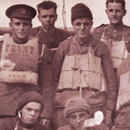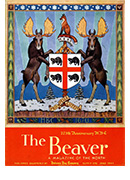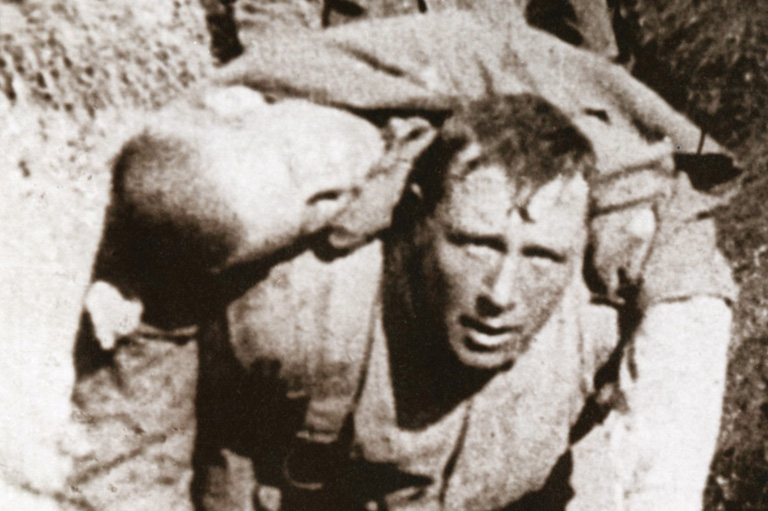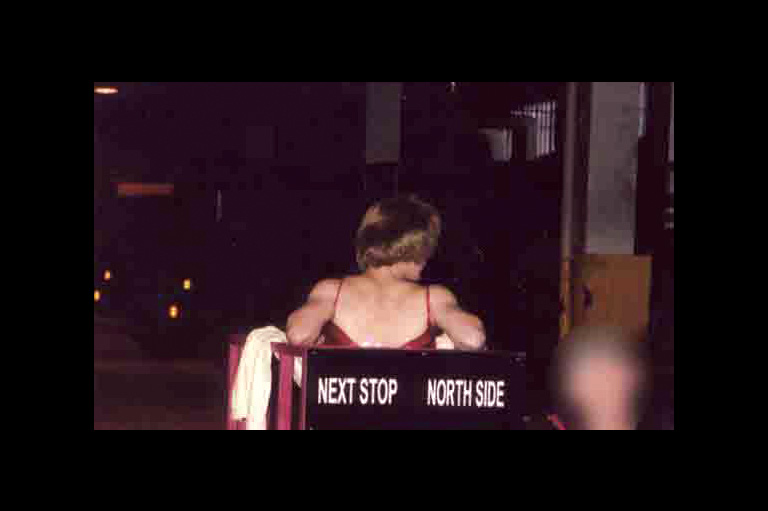The Great War — Battle of Passchendaele
The Canadians didn't want to go to Passchendaele. They had been to Belgium's Ypres Salient before, and they knew the near impossible task that lay ahead.
It was 1917.
The British under General Sir Douglas Haig had been slogging through an offensive in the area since the summer. On July 31st, they officially launched the Third Battle of Ypres.
Heavy German counterattacks, as usual, limited the success of British attacks during the month of August. Throughout September and October the British, Australians, and New Zealanders used a series of short rapid attacks to repel the German counterattacks.
Slowly they advanced forward, but their objective of capturing Passchendaele ridge, the only high ground in the region, remained elusive.
Months of battle and the onset of rain in October transformed most of the battlefield into a quagmire of mud and water that devoured men and material.
The Canadians moved into the front lines at the end of October and were tasked with capturing the town of Passchendaele.
For two weeks they scrambled to build the infrastructure necessary for a successful attack, including miles of wooden duck boards that allowed them to transport men and material across the swampy ground.
General Arthur Currie, the Canadian commander, devised a series of four set-piece attacks over a two-week period that would allow them to capture the ridge. Currie ordered the 3rd and 4th Canadian divisions to launch the opening assault with the 1st and 2nd Canadian divisions carrying the attack through.
The Canadians advanced through the wasteland towards Passchendaele, slowly clearing each German pillbox and machine gun strongpoint. In the confusing morass of mud, the attacks quickly broke down into small actions.
Individual valour often helped turn the tide.
By capturing Passchendaele, they managed to bring an end to one of the most controversial battles of the war. However the human cost was unimaginably high.
As if to underline the futility of fighting, nearly all of the territory the Canadians captured in 1917 was recaptured by the Germans during their spring advance of 1918.
Advertisement
The Great War Video Series
With 7 uniquely curated newsletters to choose from, we have something for everyone.
Themes associated with this article
Advertisement

The war that changed Canada forever is reflected here in words and pictures.
You might also like...

Canada’s History Archive, featuring The Beaver, is now available for your browsing and searching pleasure!








